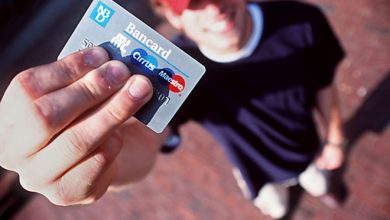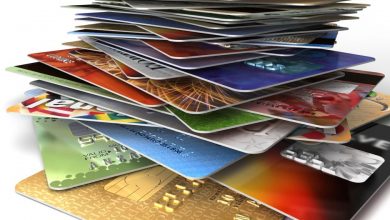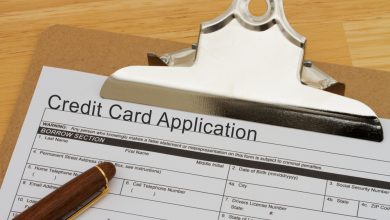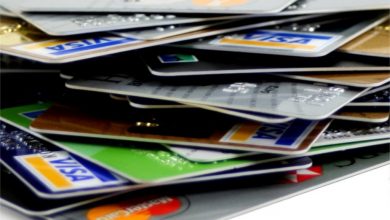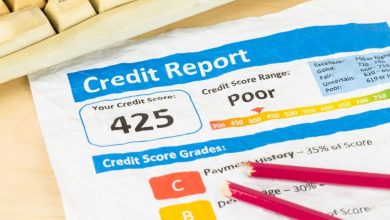Credit Card
Tips For Getting That First Credit Card And Building Credit
Applying for your first credit card is a big step into adulthood. It is considered a big milestone. You might have already know how credit cards work and how big of a responsibility it is to have one. However, there are lots of little details (i.e. fine print) that you may not know about. Understanding the details before you become a credit card holder is very important. Here are some information you should know before getting your first credit card.
1- Don’t Expect Too Much As A New Card Holder
Don’t expect to get an amazing credit card with all of the perks as your first credit card. You have to work up to credit cards with those amazing rewards and perks. These top notch credit cards are only available to people who have excellent credit scores and long credit histories. Work on your credit and you will be able to enjoy the top notch cards soon.
2- Credit Cards Can Build Your Credit Or Ruin It
A big reason to get a credit card is to work on your credit score. You have to be careful when working on your credit score because instead of increasing your score, you may end up hurting it. Every single month your credit card company will send the credit bureau information of your credit card activity. Make sure to pay your credit card on time and pay it in full every month to help your credit score.
3 – Use your card regularly
By using your card regularly, you will provide credit agencies with more information to create a credit score.
4 – Pay on time
Always pay your card on time. This will help you build your credit score. The longer it shows that you have paid your card on time, the better credit score you will have. If you pay late or miss your payment all together, you will experience late fees and it will damage your credit.
5 – Pay your entire balance
Paying the entire balance on your credit card will help you stay out of debt. Every time you carry over a balance, you will have to pay interest on your debt from the previous month. This is also not good for your credit score.
6 – Read your statements
You should read your credit card statements very carefully and also check your statement periodically throughout the month. This will help you fix any problems on your statement right away.
7 – Maintain a low credit utilization
If your credit limit is $1,000, don’t max out your credit card every month to that $1,000 limit. The lower your credit utilization the better. It is recommended to have a credit utilization of about 7% to have a high credit score.
8 – If a Card Company Rejects You
If your credit card application is rejected by a credit card company, they will let you know the reason. They are required by federal law to tell you the reason. Some reasons are a low credit score or low income.
9 – Check the Rates and Fees
Credit card companies are required by law to publicly disclose certain rates and fees. They are normally found in the Schumer box. Some of these rates and fees are:
- Annual Percentage Rate
- Foreign Transaction Fees
- Late Fees
- Annual Fee
10 – Pay More Than The Minimum
If you pay the minimum balance on your card, you will carry over a balance to the following month. This balance will accrue interest and you will have to pay more than the original amount you spent. This is also reported to the credit bureaus and is not favorable for your credit score.
11 – Credit Card Fraud
Credit card fraud sounds very scary. It also sounds very difficult to sort through; however, it is not. It is just a lengthy process. If you experience credit card fraud all you have to do is report it to your credit card agency. They will help straighten out the matter.
Getting your first credit card is a big step into adulthood. It allows you some financial freedom. With this financial freedom comes great responsibility. Make sure that you use your new credit card responsibly.
